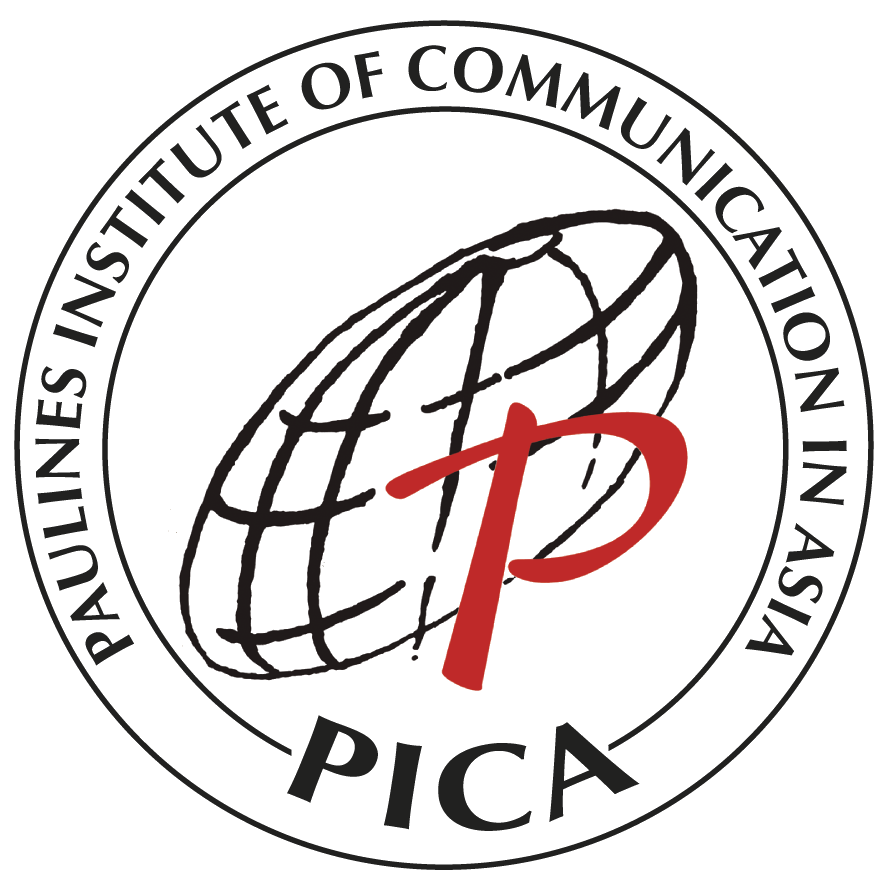“Mass media has an enormous power to promote peace and unity among peoples.”
 The Church celebrates World Communications Day (WCD) every year to focus attention on God’s gift to humanity – the means of social communication. Celebrated on the Feast of Our Lord’s Ascension, May 8 this year, the theme, The Communications Media: at the Service of Understanding among Peoples” enables media audience and practitioners to appreciate features of information technology that can help develop peoples and nations. This year’s theme highlights “an urgent need: to promote the unity of the human family through the use made of these great resources”.
The Church celebrates World Communications Day (WCD) every year to focus attention on God’s gift to humanity – the means of social communication. Celebrated on the Feast of Our Lord’s Ascension, May 8 this year, the theme, The Communications Media: at the Service of Understanding among Peoples” enables media audience and practitioners to appreciate features of information technology that can help develop peoples and nations. This year’s theme highlights “an urgent need: to promote the unity of the human family through the use made of these great resources”.
The late Pope John Paul II in his WCD message said, “Modern technology places at our disposal unprecedented possibilities for good, for spreading the truth of our salvation in Jesus Christ and for fostering harmony and reconciliation”… Nevertheless, he continued, “words have extraordinary power to bring people together or to divide them, to forge bonds of friendship or to provoke hostility”. And the power of media has been abused in many ways. The Church warned, “its misuse can do untold harm, giving rise to misunderstanding, prejudice and even conflict”.
Using media properly
How can we use media resources to promote unity among peoples and nations? Through education, the church recommends, because the media can teach billions of people, various parts of the world and other cultures. For many people, information technology has become “the chief means of information and education, of guidance and inspirations in their behavior as individuals, families and within society at large”.
The Pope’s message point out the importance of accurate knowledge that promotes understanding, dispels prejudice, and awakens the desire to learn more. The Holy Father said: “they teach people how to regard members of other groups and nations, subtly influencing whether they are considered as friends or enemies, allies or potential adversaries.”
The Church recommends the use of media for building unity and understanding, and warns against its use “to demonize other social, ethnic and religious groups, fomenting fear and hatred”. The grave duty to ensure that this does not happen rests on those responsible for the style and content of what is to be communicated.
Media’s enormous potential
We have to be aware of media’s enormous potential for promoting peace and building bridges between peoples”, the Pope continued, “breaking the fatal cycle of violence that is so widespread today”. He qouted St. Paul, “Do not be overcome by evil, but overcome evil with good” (Romas 12:21).
The Second Vatican Council reminded us, “If the media are to be correctly employed, it is essential that all who use them know the principles of the moral order and apply them faithfully.” This is the challenge for those who use and access media. Media listeners, viewers and readers cannot ignore their grave responsibility if they are to follow the fundamental ethical principle. “The human person and the human community are the end and the measure of the use of the media of social communication.” It should be clear what is “the common good, not confined by the narrow interests of a particular group or nation, but embraces the needs and interests of all the entire human family.” Moreover, “communicators have the opportunity to promote a true culture of life by distancing against life and conveying the truth about the value and dignity of every human person.”
The Holy Father concluded that the model and pattern of all communications found in the Word of God himself. It is not far from us: “the Incarnate Word has established a new covenant between God and his people – covenant which also joins us in community with one another.
